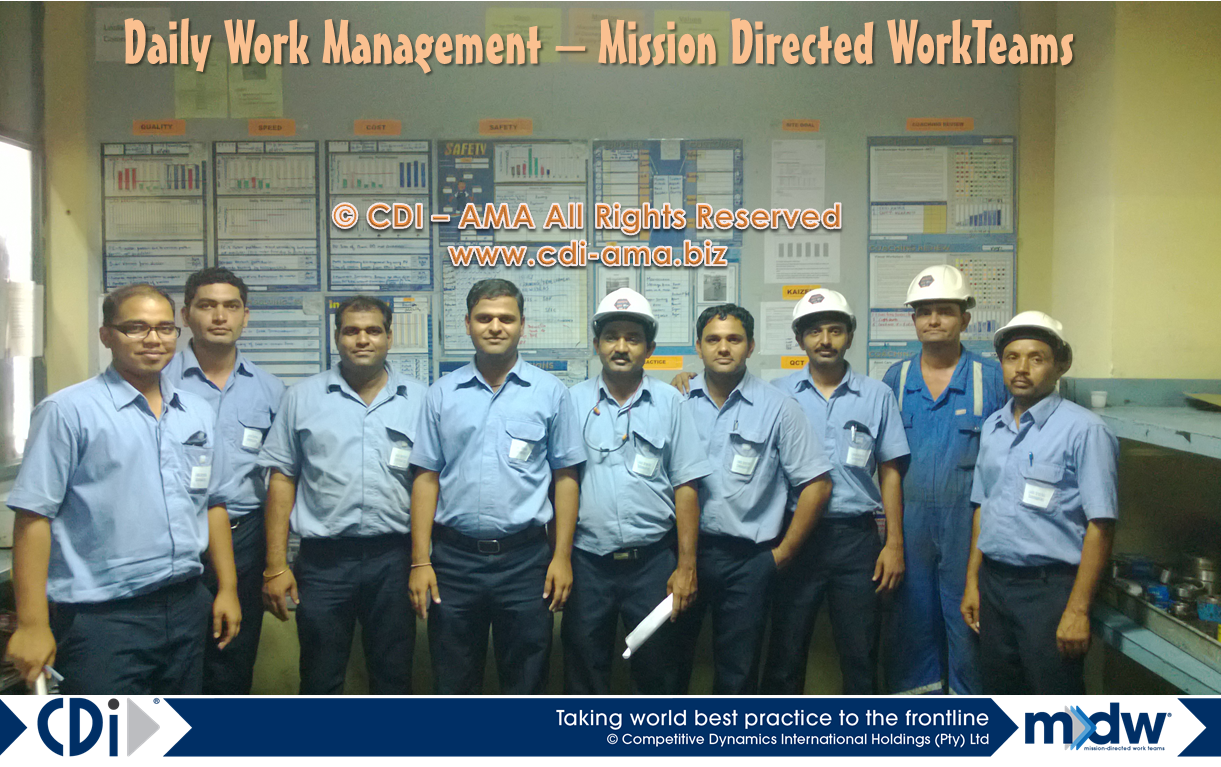Basics of Preventive Maintenance - Identifying Critical Equipment

Establishing focus on the Critical Few While Preventive Maintenance should ideally be undertaken for all Equipment, the ZED Framework places high importance on Preventive Maintenance of "Critical Equipment". Three Parameters give higher score for attention to Critical Equipment Planned Maintenance (of Operational Equipment & utilities); Planned Maintenance of Energy Control Systems; and Planned maintenance of Environment effect control machines. This article intends helping organizations in identifying their Critical Equipment by carrying out a systematic assessment on key aspects. The assessment takes into account two aspects of every Equipment Impact of equipment Breakdown or Fault on Environment or Safety Impact of equipment Breakdown or Fault on Operations. Any Equipment which can impact the Environment or lead to a Major Injury in case of a breakdown are classified as critical - even if they have no im...


